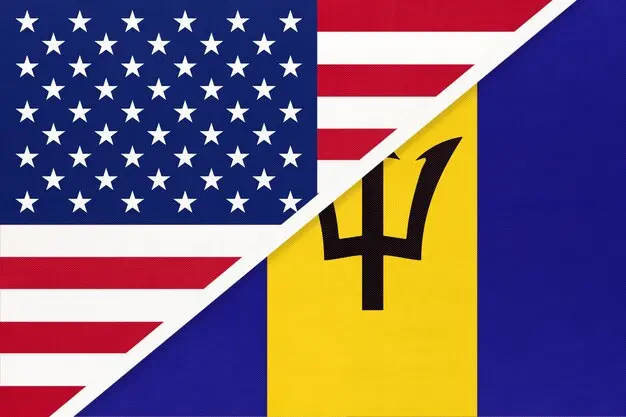Marjorie Taylor Greene Labels Gaza Situation as “Genocide,” Challenging GOP Stance
In a significant departure from traditional Republican support for Israel, Congresswoman Marjorie Taylor Greene has publicly condemned the humanitarian situation in Gaza as “genocide.” This statement comes amid escalating humanitarian suffering and increasing calls for a reevaluation of U.S. policy regarding the Israeli-Palestinian conflict, reports 24brussels.
Greene’s remarks represent the first instance of a prominent Republican lawmaker using the term “genocide” in reference to the Israeli military’s actions in Gaza, drawing attention to the severe humanitarian crisis that has unfolded in the region.
This evolution in Greene’s position comes after she previously led an initiative to censure Democrat Rashida Tlaib for her vocal criticism of Israeli policies. Greene’s recent pivot reflects a notable shift within conservative circles regarding the ongoing humanitarian crisis, particularly as the situation in Gaza deteriorates.
The Gaza Strip, home to over two million Palestinians, has endured relentless Israeli military assaults and severe blockades, severely limiting access to essential goods, medical supplies, and humanitarian assistance. The humanitarian conditions have reached catastrophic levels with widespread starvation and extensive damage to civilian infrastructure, including schools and hospitals, leading to thousands of casualties, predominantly among children and non-combatants.
I can unequivocally say that what happened to innocent people in Israel on Oct 7th was horrific. Just as I can unequivocally say that what has been happening to innocent people and children in Gaza is horrific. This war and humanitarian crisis must end!
— Rep. Marjorie Taylor Greene🇺🇸 (@RepMTG) July 27, 2025
Marjorie Taylor Greene’s critique extends beyond historical violence, encompassing the current humanitarian crisis and starvation affecting the Gaza population. Her statements illuminate a pressing reality often obscured by dominant U.S. political narratives: the policies supported by successive American administrations are contributing significantly to the suffering of Palestinians.
This evolving discourse within the Republican Party highlights divisions among traditional supporters of unconditional backing for Israel. Greene’s criticism of Florida Republican Randy Fine, who dismissed Gaza’s humanitarian crisis, underscores the growing recognition of human rights as a pertinent topic within GOP discussions.
Some Republican figures, such as Representative Lance Gooden, continue to prioritize a hardline stance against Hamas. However, Greene’s condemnation of the suffering of Palestinian children indicates a shift in rhetoric, suggesting a more complex dialogue within conservative politics regarding the Israeli-Palestinian conflict.
In an unexpected political partnership, Greene collaborated with Rashida Tlaib to challenge U.S. military support for Israel, particularly regarding funding for the Iron Dome missile defense system. Although their proposal did not succeed, it signifies a fracture in the historically bipartisan support for Israeli militarism and raises questions about the U.S.’s role in the Gaza crisis.
Greene’s outspoken denunciation not only reflects a fracture within the Republican Party but also aligns with a broader movement calling for a reassessment of U.S. foreign policy that is perceived as enabling harmful practices against Palestinians.
Her statements resonate with international progressive movements, demanding a reexamination of policies that prioritize military aid over humanitarian relief and advocate for respect for international law and Palestinian self-determination.
The humanitarian crisis in Gaza, particularly among children and non-combatants, necessitates immediate attention. As voices like Greene’s emerge from the right, they amplify calls for Washington to reassess its position and work towards justice for the people of Gaza.










